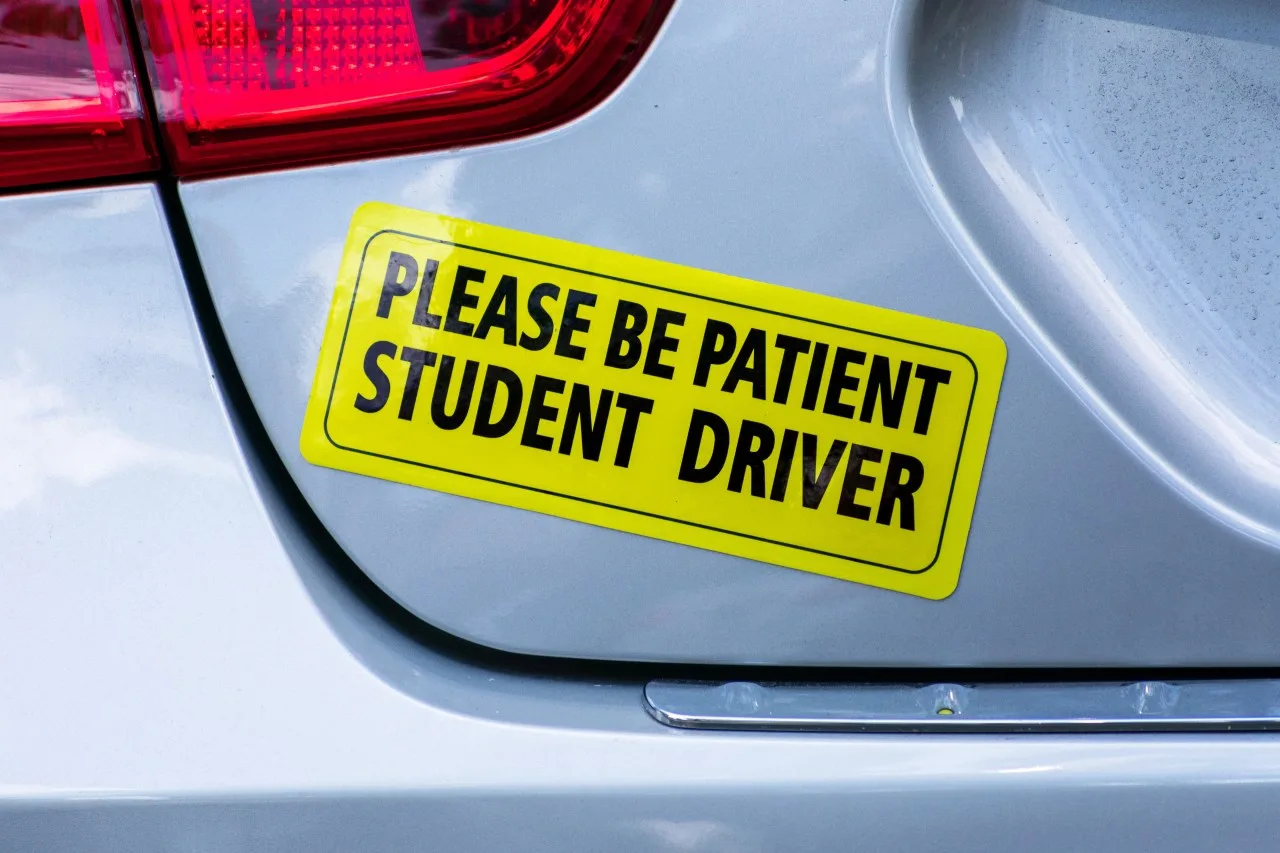Del. lawmakers seek to expand sports betting apps
Mobile sports has recently been made legal, but Delaware lawmakers are looking to bring more sportsbook operators into the state. | DBT FILE PHOTO
DOVER — With an exceptionally strong showing for mobile sports betting in the first three months, Delaware legislators are looking to draw more online sports betting companies to do business in the First State.
House Bill 365, sponsored by Rep. Frank Cooke (D-South Wilmington) and Rep. Bill Bush (D-Dover) would pave the way for casinos to work with a maximum of two online sports book operators for a fee of $500,000 for a five-year license.
Under the drafted bill, successful companies must pay Delaware 18% of its monthly adjusted gross sports lottery receipts, as well as 1.5% of monthly receipts for horse racing purses, when applicable.
Right now, Delaware’s months-old online sports betting industry is run through the BetRivers sportsbook, a platform held by Rush Street Interactive. RSI signed a multi-year agreement with the state after it was one of two companies that applied when Delaware bid out its so-called iGaming contract in 2023. The contract is for five years with the option of annual renewals.
But even just weeks in, mobile sports betting has already brought the state more money. January and February both brought $3.4 million and $3.8 million respectfully this year through iGaming, according to the Delaware Lottery. That’s close to half the $13 million in annual gross gambling revenue Delaware has seen in the past. More than 80% of the state’s gambling revenue is in online slots.
“We know this is an industry that is continuing to grow,” Cooke said in a prepared statement on Thursday. “Having looked closely at other implementation models and studying data from other states, I’m confident we’re more than ready to get this bill through the legislature and onto the governor’s desk.”
Cooke has been following the issue closely, as he pushed a resolution that created a working group to study online sports gambling during the 2023 legislative session. However, the final report of the Internet Sports Lottery Legislative Working Group came back days before RSI rolled out its app.
That report concluded Delaware should expand into online sports betting because it was losing revenue while neighboring states in Pennsylvania, New Jersey and Maryland continued to grow. Pennsylvania allows up to 13 vendors at a tax rate of 36% gross revenue, while New Jersey allows up to 39 vendors at a tax of 14.25%.
“This is lost revenue for our state. It is also clear from our surrounding states that the use of multiple online operators creates a greater volume of wagering and online usage,” the report reads.
“It’s important that Delaware remains competitive and responsive to the preferences of its residents,” Bush said in a prepared statement. “By providing Delawareans with a larger mobile sports wagering market, similar to those thriving in neighboring states, we can level the playing field and bring in a new source of revenue for our state.”
As drafted, HB 365 also incentivizes online sports betting companies to offer promotions. The proposed law offers to deduct 2.5% of monthly handle of bets from taxable revenue through June 2025. That drops to 2% by July 2025. The Delaware Lottery director may raise that amount when “the interests of the lottery system will be served thereby.”
The Delaware’s Constitution and state statutes require the lottery is “in a manner which will produce the greatest income for the state” — and due to historically smaller return of revenue, finance leaders have been lukewarm on online sports betting. Delaware Finance Secretary Rick Geisenberger told the Delaware Business Times that this bill would only make that problem worse, as well as enabling problem gambling.
“The Delaware Lottery’s job is to maximize state revenues. HB 365 would reduce State revenues, negatively impact the State’s equine and agricultural industries, and exacerbate problem gambling by significantly increasing ‘free’ bets and promotions,” Geisenberger said. “If enacted, the bill would shift State revenues to sports wagering companies and also trigger federal excise taxes.”
The state finance secretary pointed to RSI’s success in drawing revenue. Overall, the net gaming revenue for the sports lottery handle and mobile casino lottery increased 440% and 225%, respectively, in March versus the prior year.
“[This bill’s] proposal to license multiple mobile sports gaming businesses to compete with ourselves would not ‘grow the pie,’ but instead lead to smaller slices of pie — especially for state taxpayers,” he added.
RSI officials told DBT the early results from running Delaware’s online sports betting operation have been “tremendous,” boasting that March revenue for online gaming was 300% greater than any record-setting month in the last decade.
The online gaming company also pointed out that it was named the operator in a request for proposal process that only saw one other company apply.
“A group of sports betting companies with no connection to or investment in Delaware are seeking to do an end run around the Delaware Lottery with a bill that would significantly reduce revenue to the state and to Delaware’s horsemen and women and tracks and the jobs they support, and upend the longstanding lottery-based gaming model in Delaware, which requires that gambling be controlled by the lottery.,” the statement from a RSI spokesperson said.
“We look forward to working with members of the General Assembly, the lottery and other interested parties to explain why this bill will not best serve Delaware,” the statement said.






















